Every restaurant owner, kitchen manager, and commercial chef knows the importance of a clean kitchen. If you don't keep a clean kitchen, it won’t matter if you have the best food in town. Having quality cleaning standards is
essential for restaurant inspections . It has also become an increasing priority for many restaurant employees and patrons.
When it comes to cleaning your restaurant equipment, the chemicals and cleaning supplies you choose are an important part of the process. Investing in high-quality cleaning chemicals is one of the
keys to properly cleaning your commercial kitchen equipment .
Our technicians are often asked for recommendations related to equipment cleaning and maintenance. Here are a few cleaning chemicals we recommend kitchens have in stock and use regularly to ensure their kitchens are as clean as possible.
1. Dishwashing Chemicals
County and city health departments are meticulous about
checking the sanitization level of plates, utensils, and glassware after they leave the dishwasher. That’s why high-quality dishwashing chemicals are essential to keep your equipment clean.
Automatic dishwashing chemicals come in either high or low-temperature formulas to work with your compatible dishwashing equipment. These formulas are available in liquid, powder, or solid form.
2. Range Cleaner
After a long day of serving customers, your ranges will be coated in grime, grease, and oils. That’s why range cleaners are one of the most important cleaning chemicals used in kitchens to keep your cooktops looking new.
3. Oven Cleaner
Ranges aren’t the only place where grime and grease land. That’s why it’s essential to have a quality oven cleaner to remove baked-on oils and leftover food particles in both conventional and combi-ovens. We recommend a monthly deep clean for your ovens to get rid of the buildup that usually occurs when cooking. Cleaning ovens can also help them maintain cooking temperatures, which is essential for consistent food preparation.
4. High Alkaline Degreaser
When used correctly, commercial degreasers are one of the most powerful tools for maintaining a commercial kitchen. A high alkaline degreaser helps to emulsify organic waste, allowing it to be easily rinsed away. A gallon of a quality degreaser may only cost a few dollars, but it is worth its weight in gold for maintaining a clean and safe workspace.
5. Floor Care & Cleaner
Keeping your floors clean is essential for their long-term sustainability, but mopping floors is often one of the tasks that employees dread the most. That’s where a no-rinse floor cleaner can make a big difference. You’ll know that floors are sanitized properly, and you can take a weight off of the closing crew at the end of the day.
6. Disinfectants & Sanitizers
Since the COVID pandemic, personal and equipment disinfectants have become an essential part of restaurant health and safety. Investing in
high-quality sanitizers and disinfectant solutions is still an important part of keeping your kitchen running smoothly. When it comes to food preparation, proper sanitization is at the top of every health inspector’s list. Keep food safe by using a chemical to sanitize kitchen equipment that has come in contact with raw meat.
7. Beer & Wine Line Cleaning Chemicals
Beer and wine lines are susceptible to unwanted buildup that can alter the taste of beverages and prevent liquid from flowing easily through the narrow tube. Cleaning lines frequently will help you maintain beverage quality and reduce the risk of more serious issues. Beer and wine lines should be cleaned every six weeks at minimum, and many kitchens choose to clean their lines as often as every two weeks.
Another point to consider is that there are options when working with a chemical supplier on pricing and equipment packages that can give you more flexibility and control over your monthly budget. In Nashville, for example, besides offering a full line of chemicals, ATECH has equipment leasing options for American Dish (ADS) and Jackson bar and dish machines.
ATECH Stocks Parts and Chemicals For Commercial Kitchens
Your restaurant employees and patrons deserve a high-quality experience. The chemicals you choose to keep things clean play an important role in that. At ATECH, we offer
a variety of chemical and equipment cleaning solutions for your food service needs.
Reach out to us any time to learn more about our services. We’ll do everything we can to help your kitchen meet the expectations of inspectors, employees, and customers.
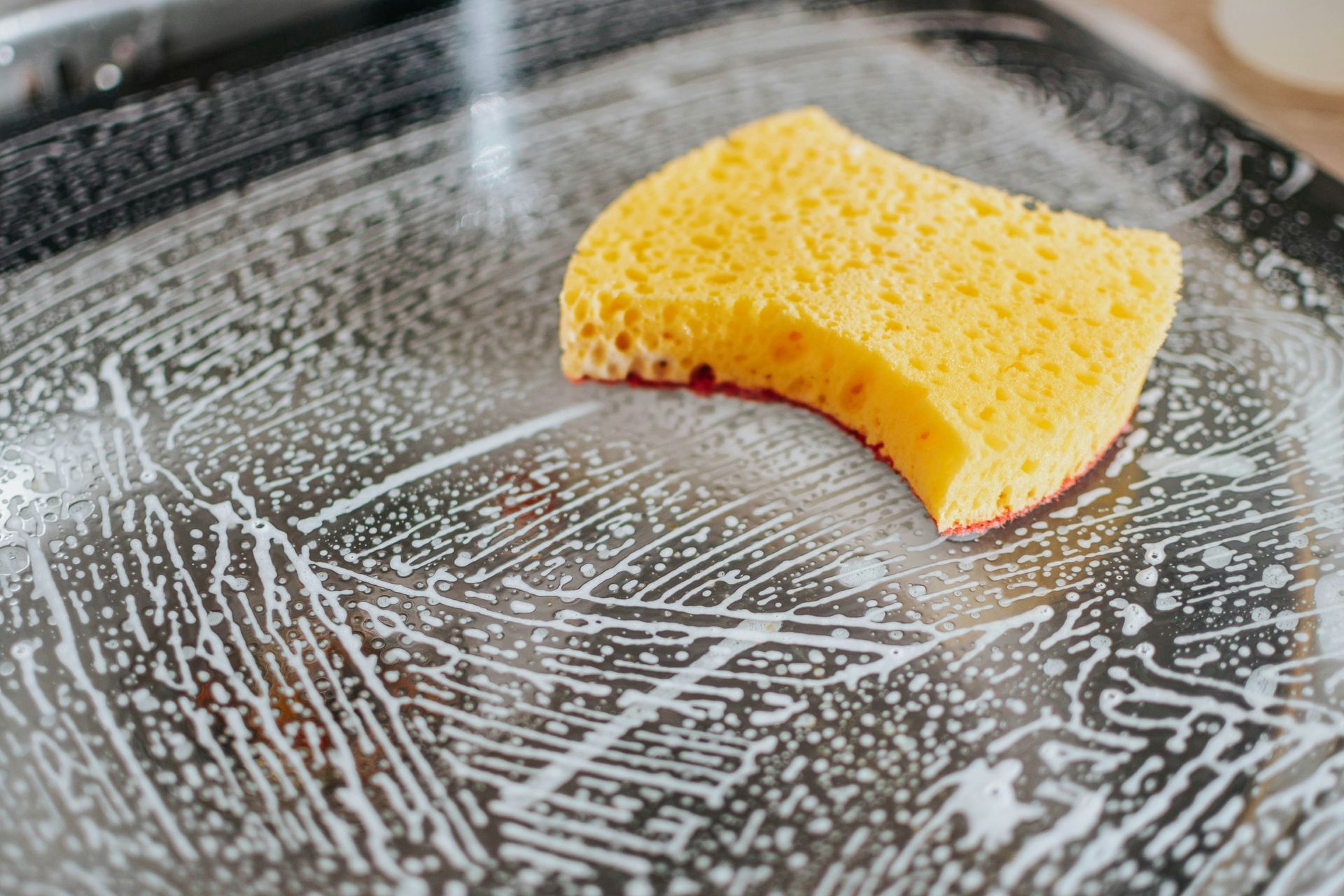

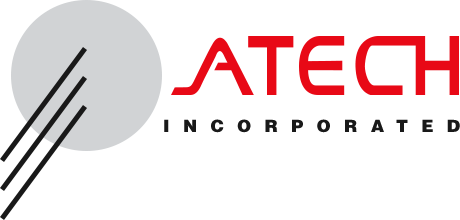
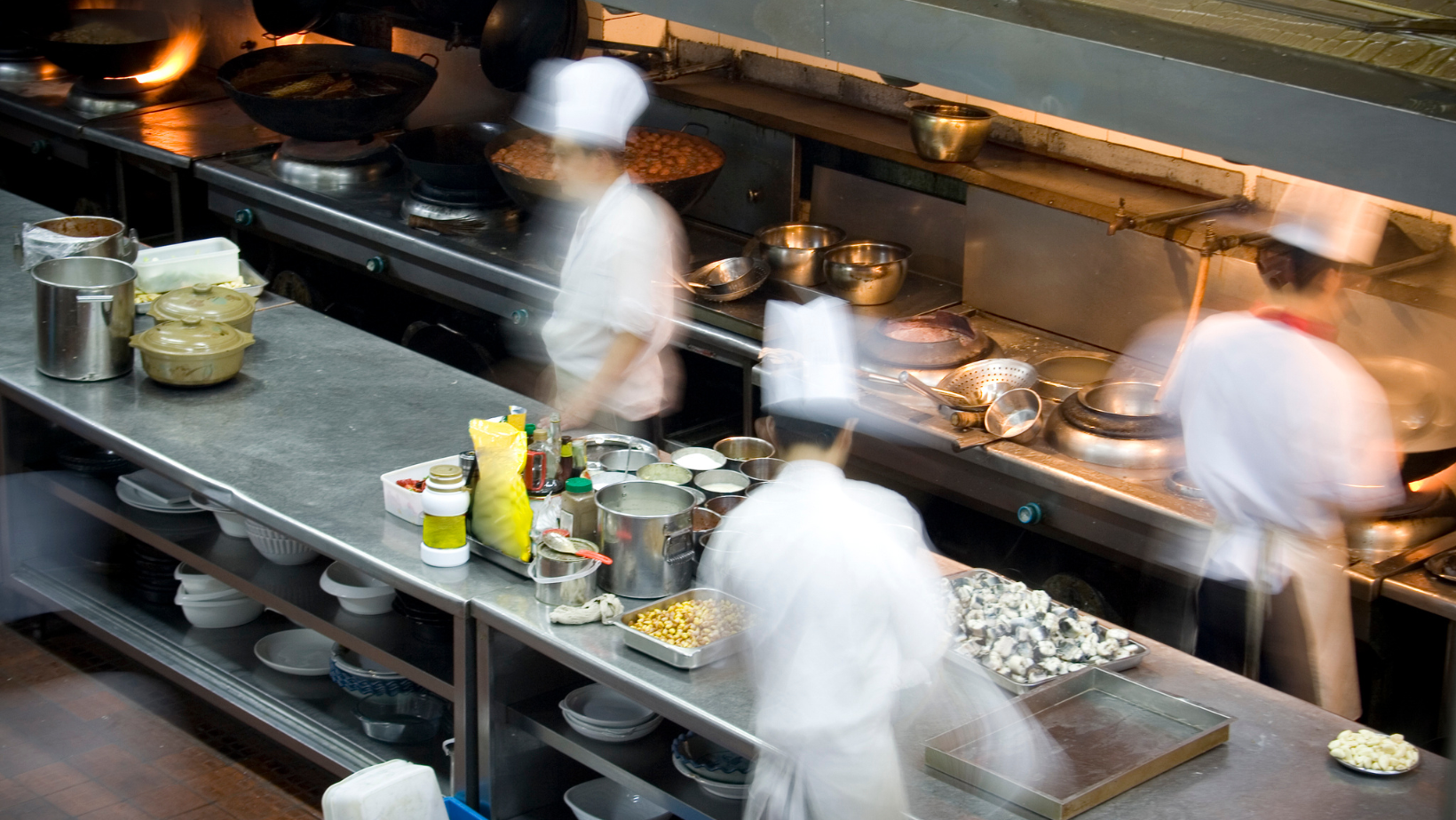

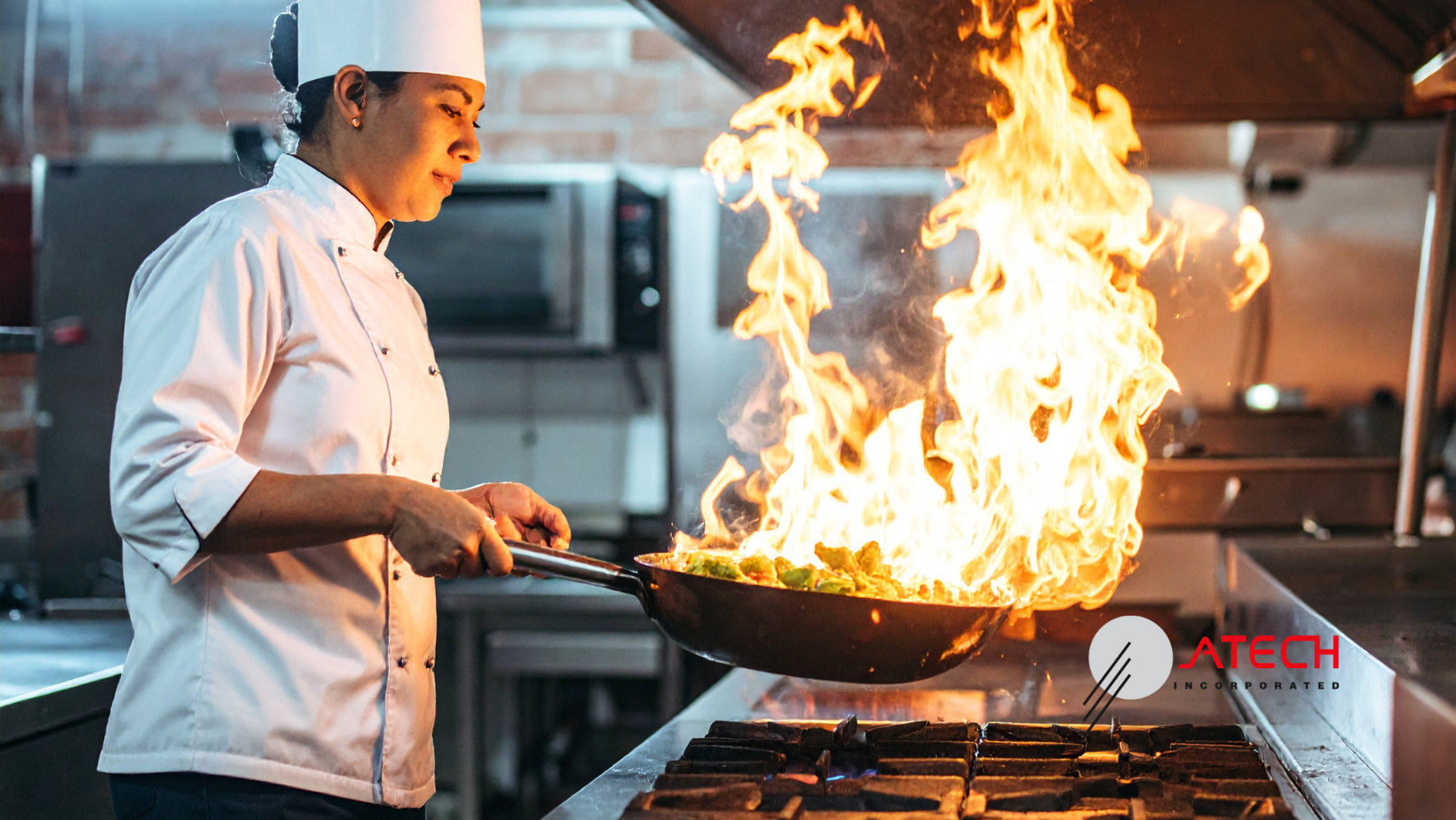


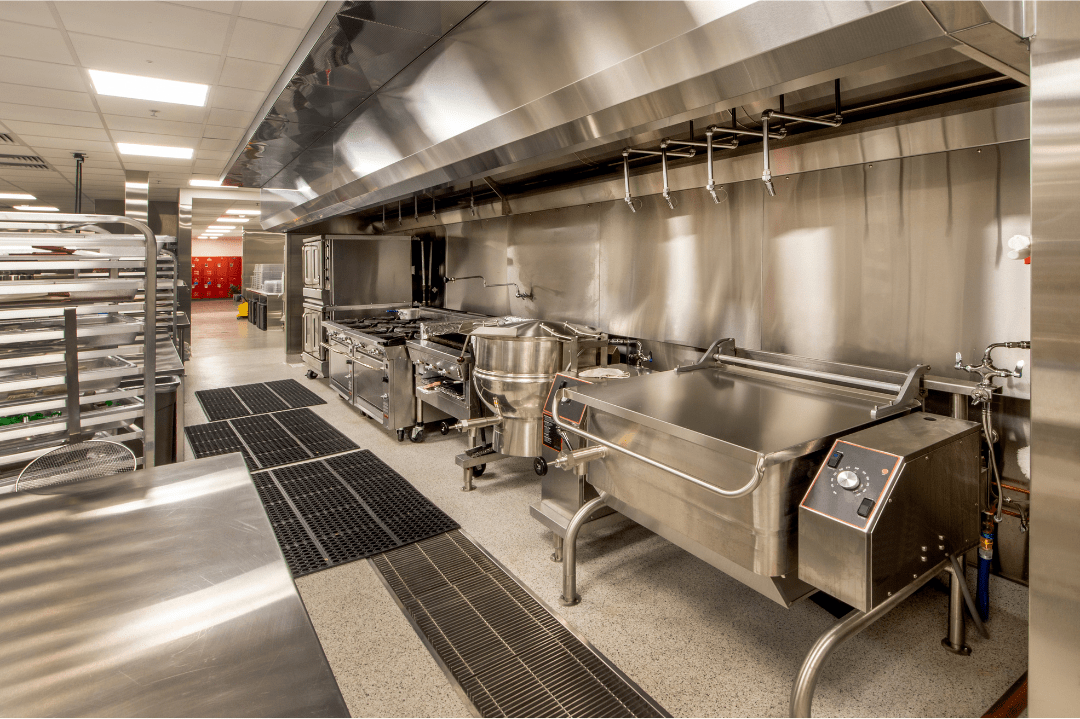
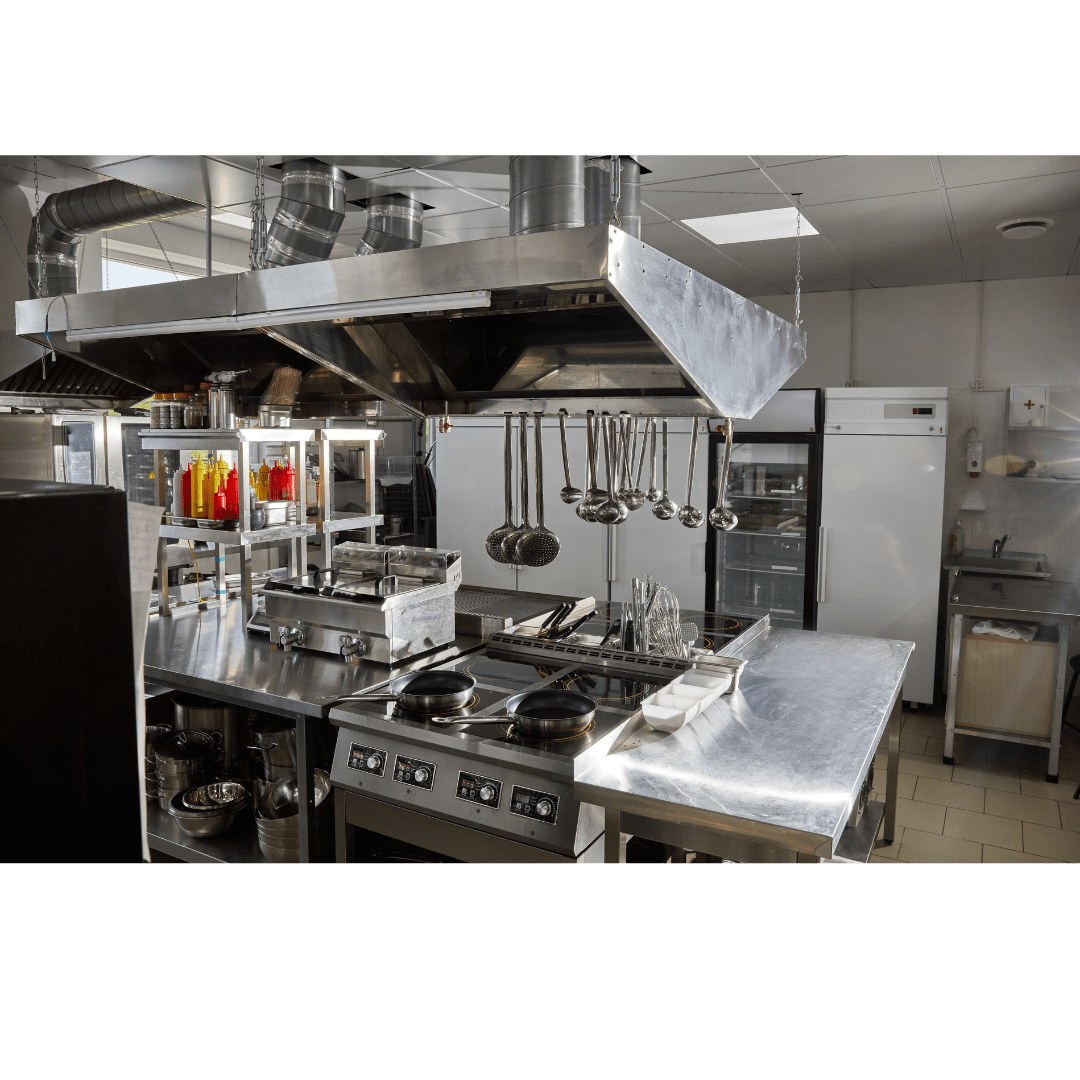
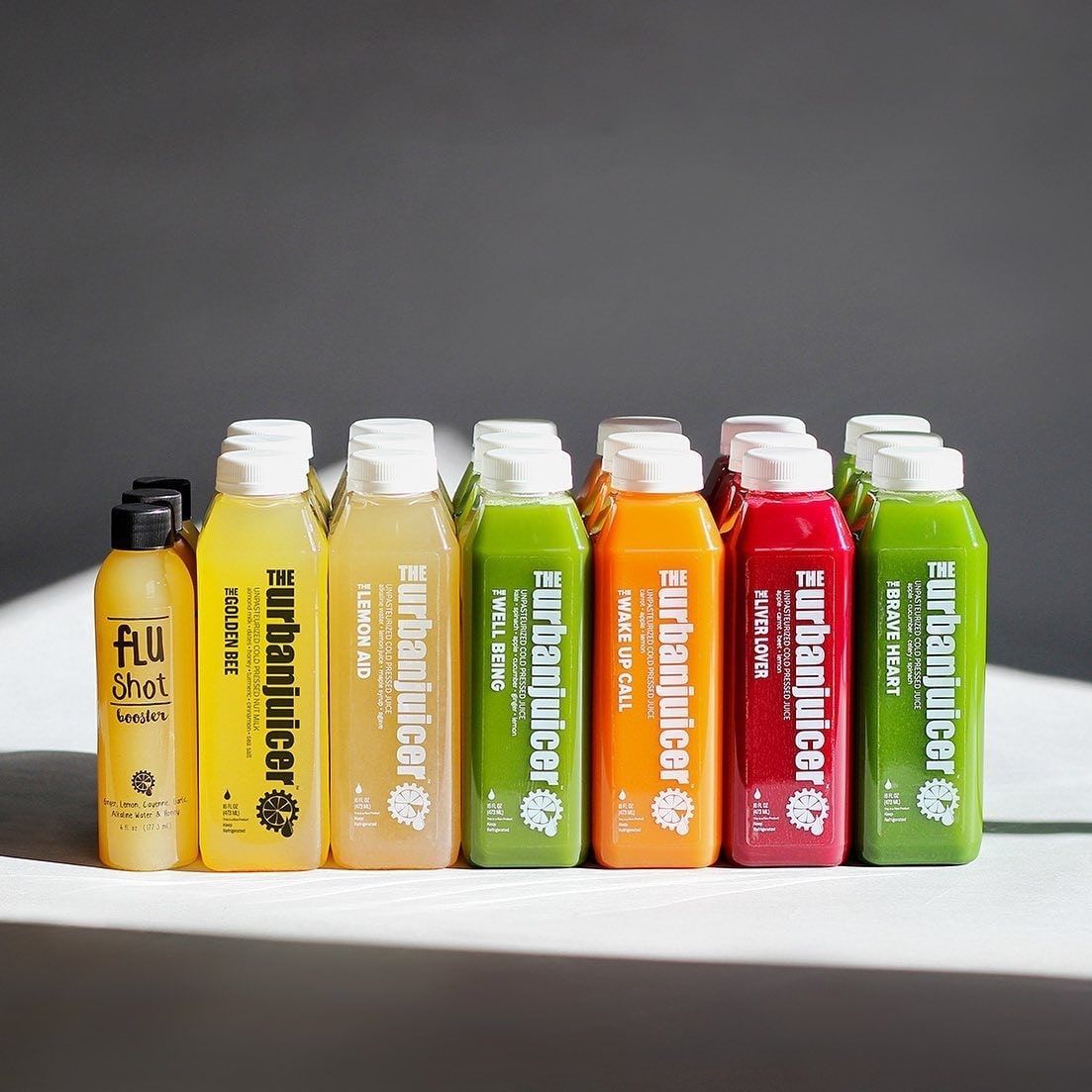
Share On: